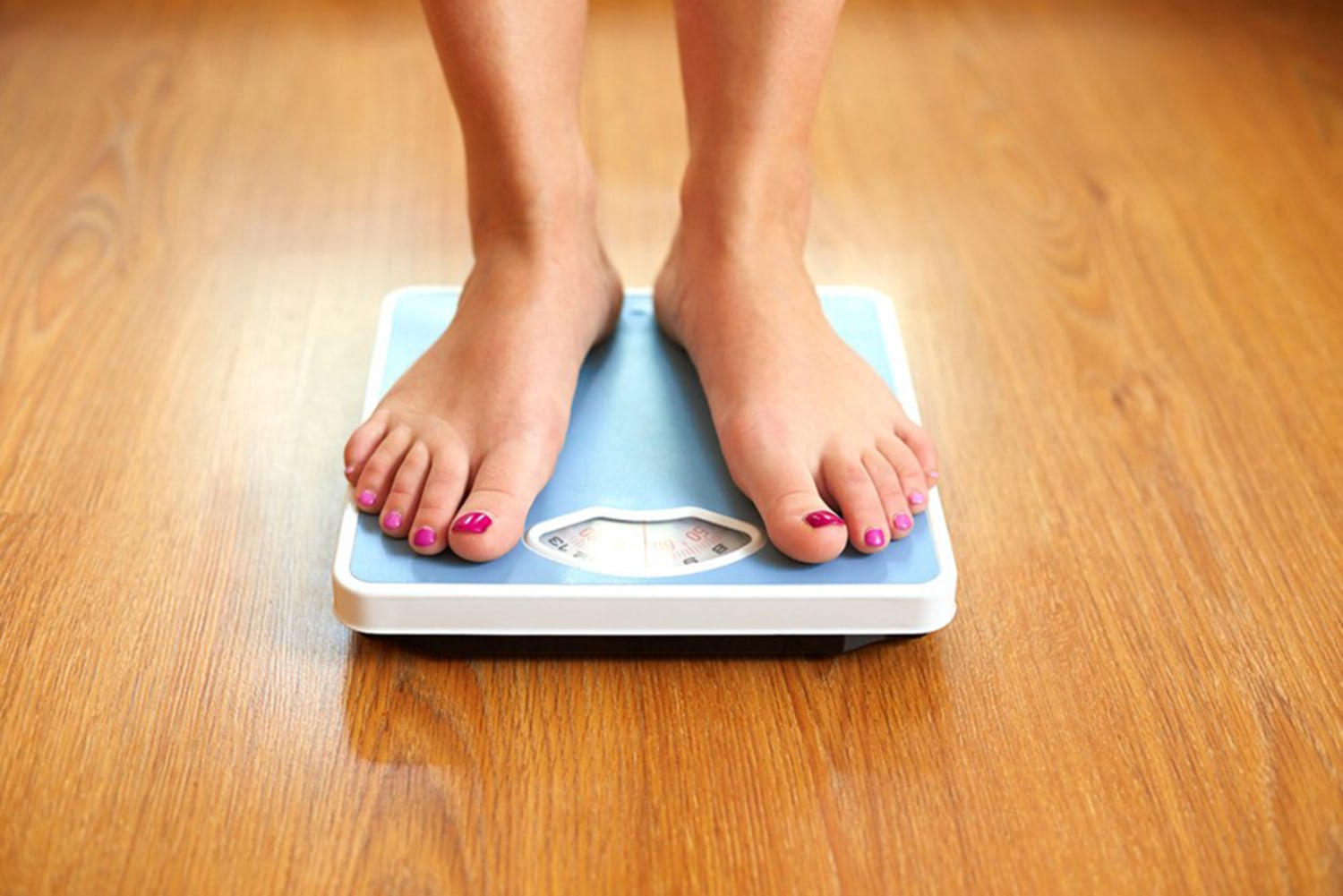Are you topping that sandwich with a helping of hunger, high blood pressure, and weight gain?
From toast in the morning to buns on that burger in the evening, bread is a major staple in many American diets. In fact, according to research from the United States Department of Agriculture (USDA), the average American consumes more than 100 percent of their recommended daily allowance (RDA) of grains in a single day. However, it’s not just the calories those slices of bread add to your diet that could be a problem for your health in the long run. There’s yet another surprising side effect of eating a diet high in bread products that you could be overlooking: trouble focusing and cognitive problems later in life.
“Refined carbs create a state of low-level inflammation in the body which, causes a host of health issues, including declined cognitive function,” says nutritionist Lisa Richards, CNC, author of The Candida Diet. “You will experience fatigue and brain fog from the inflammatory nature of the ingredients.”
The cognitive effects of a bread-heavy diet may last longer than you’d expect; according to a 2012 study published in the Journal of Alzheimer’s Disease, among 1,230 individuals between ages 70 to 89, those with the highest intake of carbohydrate-rich foods, like bread, had nearly twice the likelihood of developing cognitive impairments compared to those who ate fewer carbs. That’s not the only way eating bread may be affecting your health, however; read on to find out the other signs you’re eating too much bread. And if you’re looking for some healthier additions to your diet, try one of these 100 Easiest Recipes You Can Make.
1You’re gaining weight.

If the numbers on the scale are moving in the wrong direction, your consumption of bread—especially white bread—could be to blame.
“Bread will increase the likelihood of eating other unhealthy foods and ingredients. This is because bread is typically paired with processed meats, high-fat nut butters, and cheeses high in saturated fat,” says Trista Best, a registered dietician at Balance One Supplements.
According to a 2014 study published in BMC Public Health, individuals who ate two or more portions of white bread a day were significantly more likely to become overweight or obese than those who ate one serving of white bread or less per week. If you’re feeling ready to shed those extra pounds, start with these 15 Underrated Weight Loss Tips That Actually Work.
2You’re always hungry.
Turning to a slice of bread when you’re hungry may serve to make you more peckish over time.
“Most breads are ultra-processed and contain little to no nutrient sensors. This means when you eat it, your body doesn’t really identify any sense of fullness or satiety. You end up spiking insulin and blood sugar, leading to more hunger,” says Shana Hussin, RDN.
Want to learn how to silence that gnawing hunger? Discover these 30 Reasons Why You’re Always Hungry.
3Your stomach frequently hurts. Think opting for an alternative bread will yield exclusively positive outcomes for your wellbeing? Think again.
Think opting for an alternative bread will yield exclusively positive outcomes for your wellbeing? Think again.
“Some breads that market as ‘high fiber’ options might include added fibers such as inulin and beta-glucan, which have been associated with stomach discomfort, like bloating and gas, when eaten in excessive amounts,” says Registered Dietician Rachel Fine, MS, owner of To The Pointe Nutrition.
Want to nix those digestive woes for good? Start by ditching these 13 Foods That Cause Digestive Problems.
4You have pre-diabetes.
If your blood sugar levels are verging into unhealthy territory, your bread consumption may be to blame.
“Eating too much bread, especially the highly refined bread you find at the grocery store, can lead to increased inflammation levels in the body, which can cause insulin resistance, a condition that is frequently a precursor to diabetes,” sats Heather Hanks, MS, a nutritionist at Instapot Life.
And if you’re worried about your insulin status, discover The One Way to Tell If You Have Prediabetes, According to the CDC.
5You have high blood pressure.
Your skyrocketing blood pressure and your bread consumption are more intertwined than you think.
According to the CDC, bread and rolls are the top two sources of sodium—a nutrient known to raise blood pressure—in the American diet. Even a relatively modest amount of bread can cause your risk of hypertension to soar—2018 study published in the journal Nutrients found that that consumption of just one piece of white bread a week was associated with an increased risk of elevated blood pressure.
Get even more healthy eating tips straight to your inbox by signing up for our newsletter!
Source: https://www.eatthis.com








